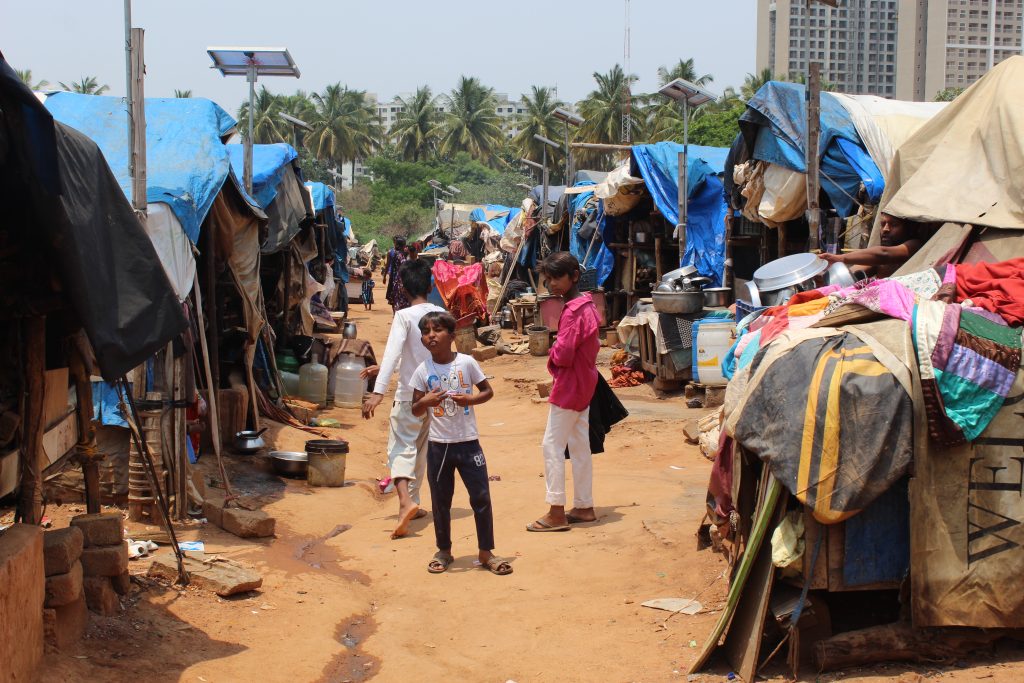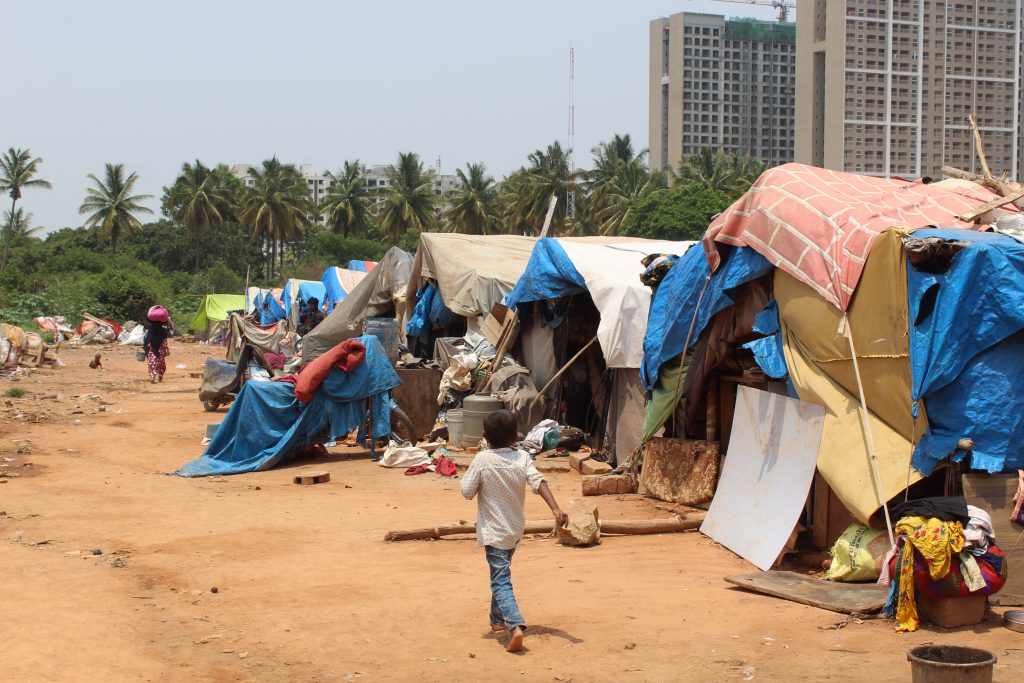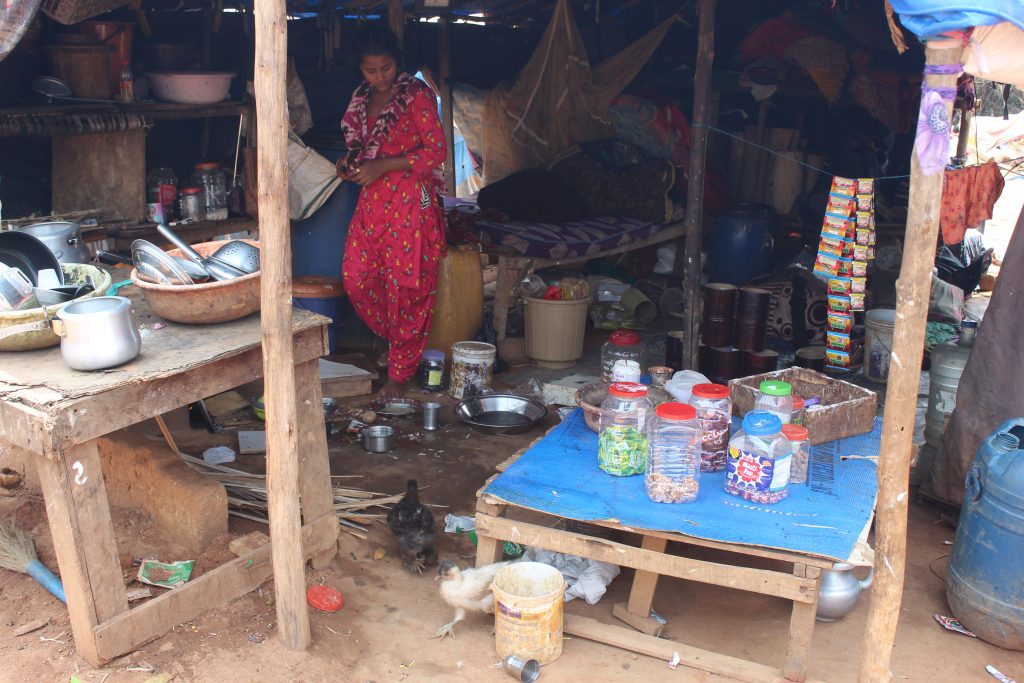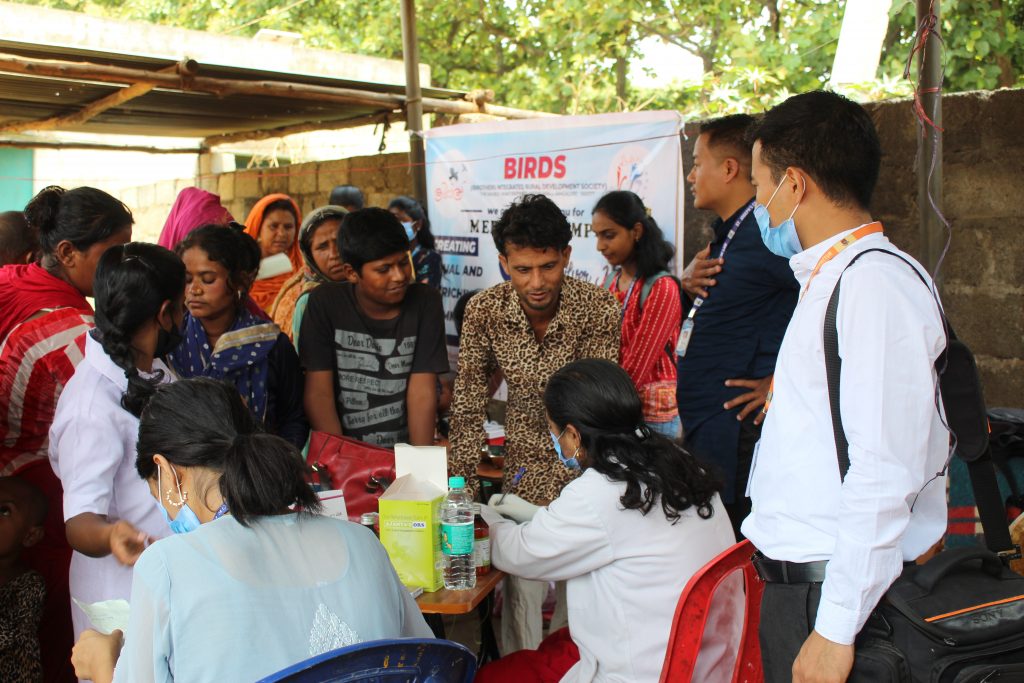Migrants Development Program
Objective
To arrange fundamental facilities and provide medical aids.
Problems
Basic needs of survival, Identity, Unemployment and Poor Economic.
Activities
- 1.Provide the necessary needs of food, clothing and household.
- 2.Provide medical supports
- 3.Provide education for children
- 4.Create employment opportunities to improve their economic condition
Rohingya Muslim Refugees
The Rohingya are an ethnic group, the majority of whom are Muslim, who have lived for centuries in the majority of Buddhist Myanmar. Currently, there are about 1.1 million Rohingya in the Southeast Asian country. The Rohingya speak Rohingya or Ruaingga, a dialect that is distinct from others spoken throughout Myanmar. They are not considered to be the country’s 135 official ethnic groups and have been denied citizenship in Myanmar since 1982, which has effectively rendered them stateless.
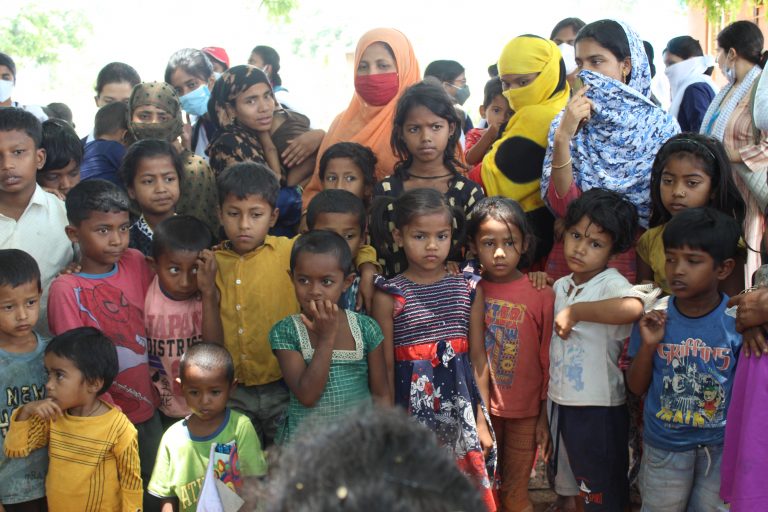
Nearly all of the Rohingya in Myanmar live in the western coastal state of Rakhine and are not allowed to leave without government permission. It is one of the poorest states in the country, with ghetto-like camps and a lack of basic services and opportunities. Due to ongoing violence and persecution, hundreds of thousands of Rohingya have fled to neighbouring countries either by land or boat over the course of many decades.
Dasarahalli Slum
Totally 258, Rohingya refugees and migrants are living in Dasarahalli slum, Bangalore. They aren’t having any country identity proof, education, medical support, lands, houses, electricity and assets. They are staying in rental land. Those people don’t have proper houses, they are living inside plastic sheets covered tents to protect them from the sun, rain and winter. Also, their residency on the Rachenahalli lakeshore and they are using that lake water for drinking, cooking and other human needs.
During the monsoon season, that place would be muddy with dirt. For their daily needs, those people are working as daily labours and rag pickers to earn and survive. Thus, they don’t have any fundamental things to live and they are managing their life with what they have. So, BIRDS has focused do some development works for those people.
Most of the migrant people acquired the essential understanding and knowledge through health and hygiene awareness programs. After the health campaigns, those people followed the healthy habits of taking good foods, concerning themselves, took care of women’s and children’s wellbeing. Also, they have followed the hygiene factors of maintaining cleanliness, proper sanitization methods, managing to dispose of biowastes, precautions and preventions from sickness. Then, we recognized their health conditions and identified the sick persons who were infected by diseases by organizing medical camps. Finally, those sick people accessed the medical sector and received medical support and treatments to cure illness.
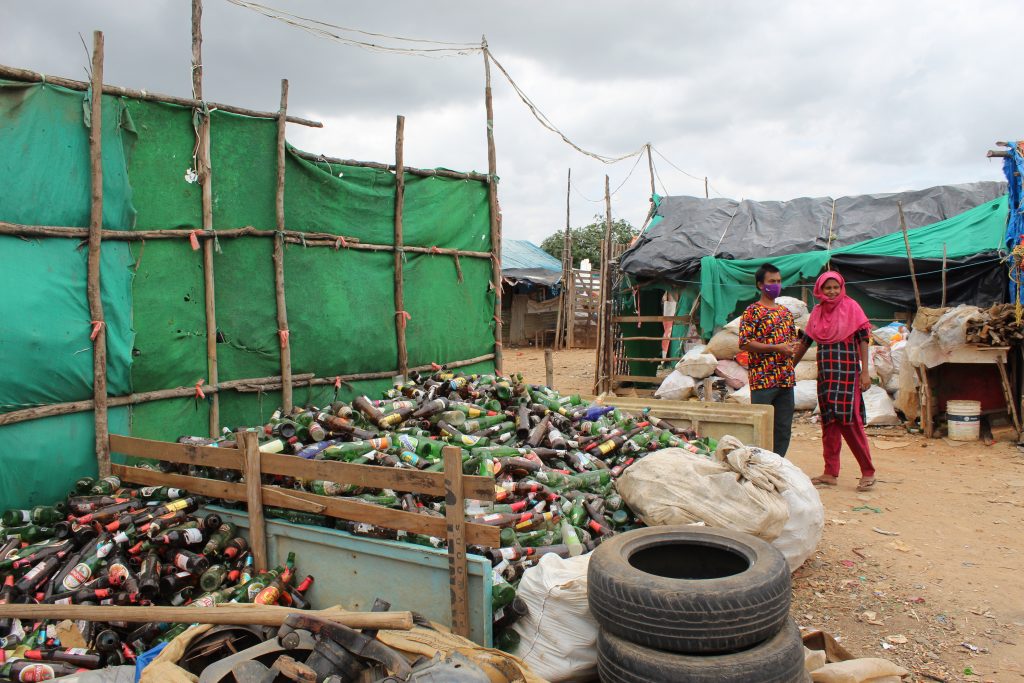
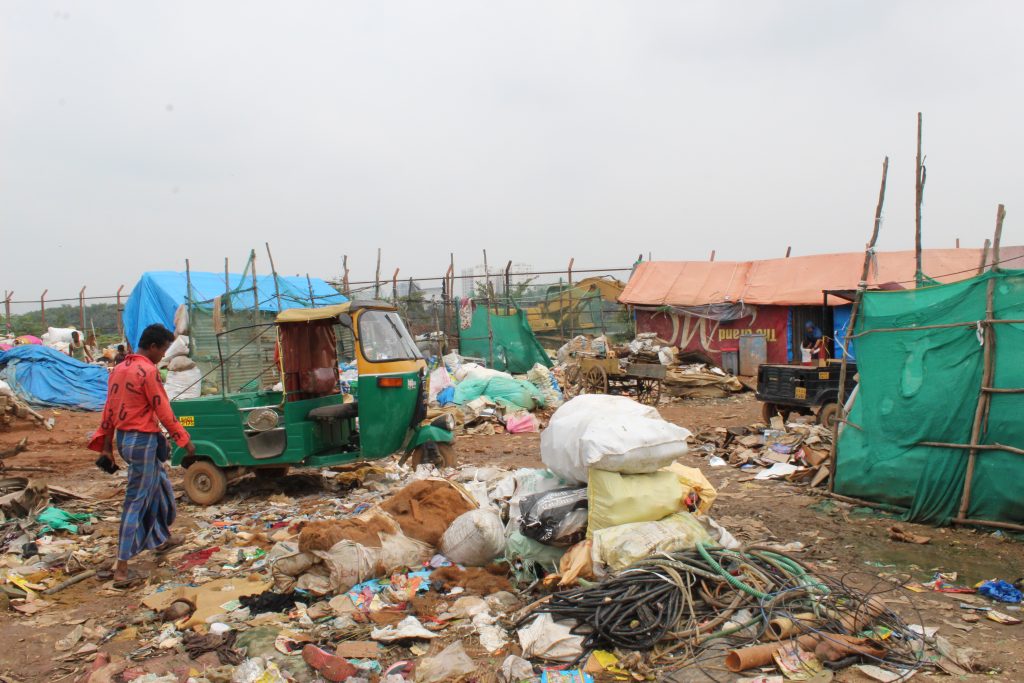
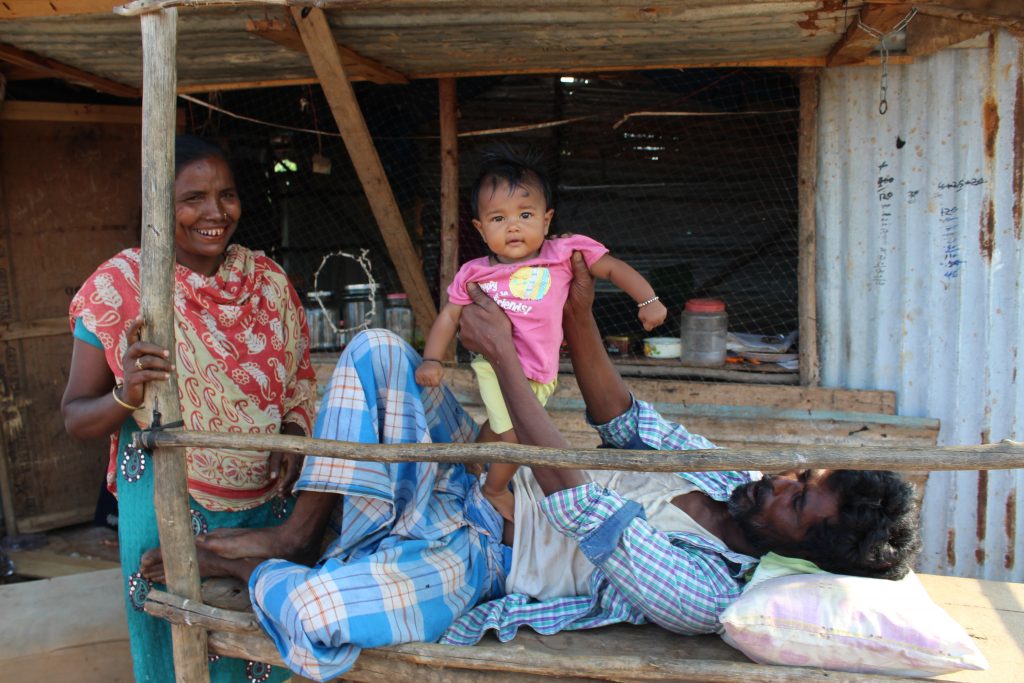
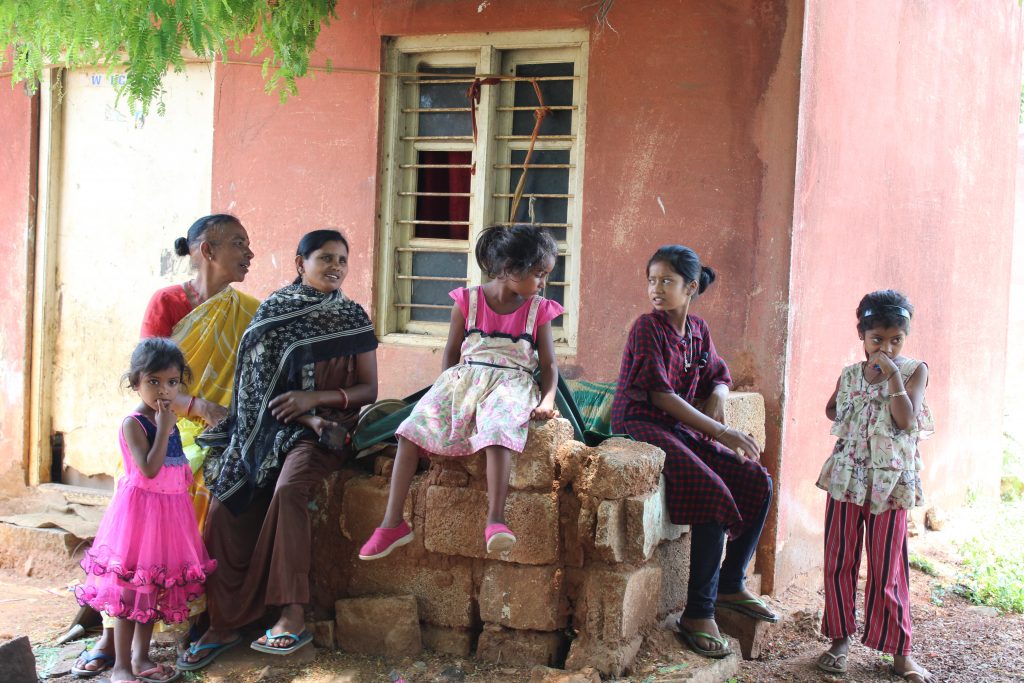
Belahalli Bande Slum
For August 2022 months BIRDS conducted a survey in Belahalli Bande slum and adopted that migrant community. In the survey, we gathered information about the living condition and the lifestyle of the people from the slum. The people came from their native places which included Assam, Bihar, Delhi and have been living here for the past 13 years, without help of the government or higher officials. They live near the garbage dump area, which isn’t a hygienic or preferable environment, the people lived in tent houses made up of scrap material which doesn’t protect them from heavy rainfall and stormy weather. Nearly 80 families are living there, each family has 4 to 5 members, there are many young children exposed to the unhealthy environment because of the lack of awareness of the parents and they also don’t have hospital facilities, which is one of their biggest problems. Those people migrated to Bangalore in hopes of finding a better future and unfortunately live in a polluted area, that affects their health and reduces their standard of living. Most of the people present there have financial issues and can’t provide education to their children, which is another setback for the people.
